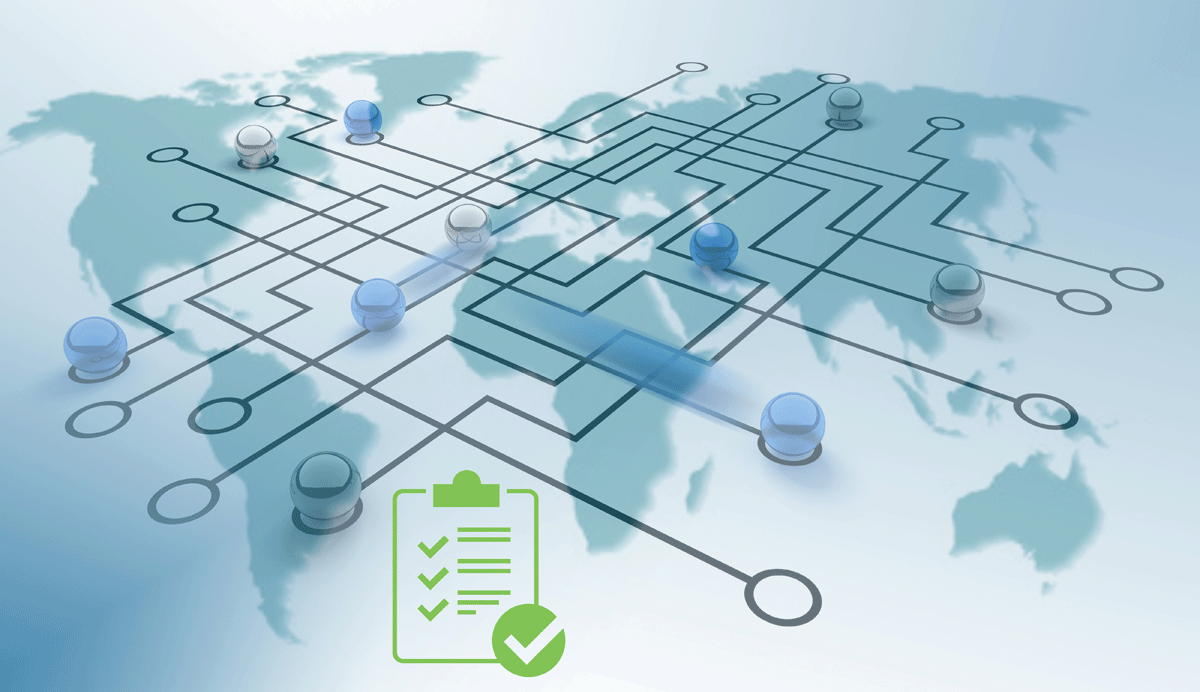The threats associated with the GDPR are obvious, but could the GDPR be regarded as an opportunity?
Imagine a storage space in your home, be it a closet, the garage, the basement or the attic, and it’s packed from floor to ceiling with stuff. Some of it you could definitely still use, some not. And you’ve got a pretty keen feeling that things you’ve been looking for for weeks are packed away somewhere in there. But you’ve been putting off sorting through it all because there’s just so much stuff to go through and you really don’t have the time for it.
Until one day, you simply make the time for it and you finally sort through all that stuff. You find the battery pack to the power tools you hadn’t been able to use, you throw out or give away all the junk you’re never going to use again, and in the end, you realize you’ve got a ton of storage space you’d been squandering. And you’ll never lose that battery pack again, because now it’s got its own designated spot on the shelf.
Now apply the same idea to the data management strategy at your company. GDPR compliance could be the impetus your company needs to finally spring clean its messy closet of customer data; delete all the junk, condense redundant entries, create a system to find data more quickly, and free up space. Many CIOs have been itching to revamp their data strategy but have had a hard time getting the rest of the board’s attention in order to secure the necessary funding. The GDPR presents a unique opportunity to help pitch an overhaul of your company’s data strategy. It may seem like a daunting task, but the effort can certainly pay off, not just in terms of compliance, but also in agility and operational efficiency.
One element of the GDPR is the “right to be forgotten”. When customers begin to exercise this right, companies will have to know exactly what data they have and how to find it. This can only be achieved with a properly managed database populated with only clean, well-organized, and meaningful data. Once your company has carried out its much-needed data cleanse and streamlined its data management, you’ll find that much more value has been created than just avoiding fees from non-compliance.
With accurate customer data, you can be sure that your customers won’t receive redundant messages resulting from duplicate entries. Additionally, condensing information will create a more accurate image of your customers, allowing you to send them information that is most relevant to their needs and interests.
Once your company is GDPR compliant, you can also use that status as a differentiator. When customers have the reassurance that their data will be properly managed, they will be more willing to share additional data and less likely to opt out of additional services. The more comprehensive and accurate your customer data is, the more value you can derive from it.
Another benefit of a well-defined data strategy that should not be overlooked is the reduced strain on computing and storage resources. A lean data pool means lower storage and back-up costs which will reduce the burden of data management. So you’ll not only be driving additional value from your data, you’ll simultaneously be cutting costs. Speaking of cutting costs, proper data governance can also reduce the risks and hidden costs associated with outdated or inaccurate customer data.
Here’s a quick summary of the benefits mentioned above:
1. Efficient data storage improves customer experience.
- No more redundant messaging
- Faster and more relevant communication
- Higher level of service
2. Proper data governance helps you get the most out of your existing data stores.
- Avoid costs and risks associated with misleading data
- Make better informed decisions with accurate and properly organized data
3. Less data means less strain on computing and storage resources.
- Lower storage costs
- Reduced data management efforts
- Lower back-up expenses
4. Becoming compliant will improve your company’s reputation.
- Use your GDPR compliant status as a differentiator
- Customers will be more willing to share data and less likely to opt out of additional services
In short, even if it weren’t for the GDPR, spring-cleaning your data stores would still be worth the effort. But if you’re responsible for your company’s data management, you’re probably well aware of that already.






